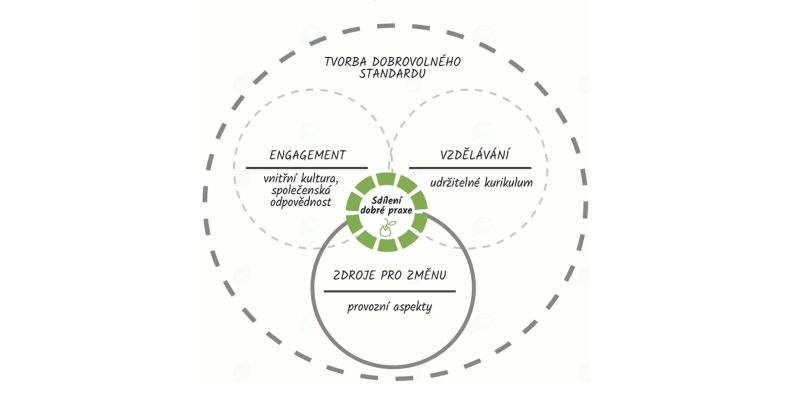This involves not only a formal commitment based on the MU Strategic Plan for 2021-2028 but also the implementation of specific measures in various areas of its operations. For example, principles for sustainability are being incorporated into the construction and renovation of buildings and green roofs, the introduction of modern environmentally friendly technologies and responsible purchasing principles. They also include socially beneficial activities, such as those conducted by the MUNI HELPS Volunteer Centre.
Over the last year, MU stepped up work towards sustainability. The Board for Sustainable Development was established as a rector’s advisory body, the sustain.muni.cz website was launched and the university carried out an audit of its waste management. This was followed by the development of a waste management strategy. Masaryk University is also coordinating the ‘University Leaders in SDG’ project, where it serves as a hub for stakeholders from twenty-four Czech universities.
In parallel with these strategic activities, the management also takes feedback from the university community. Surveys among students and staff provide valuable data on how important sustainability is for them as individuals. In the coming period of uncertainty, efforts will be directed specifically toward motivating the university’s staff and students to behave responsibly. The aim will be to create an institutional culture of responsibility that will help people change their habits. This concerns in particular the conservation of resources – energy and water – and the handling of waste.
Of course, students and staff have different possibilities to engage in responsible behaviour. Students attending lectures on campus have different opportunities than non-academic staff working in an office in a city centre or participants in public sports courses. All of them, however, can share one common vision of the university community and work together towards realising it.
